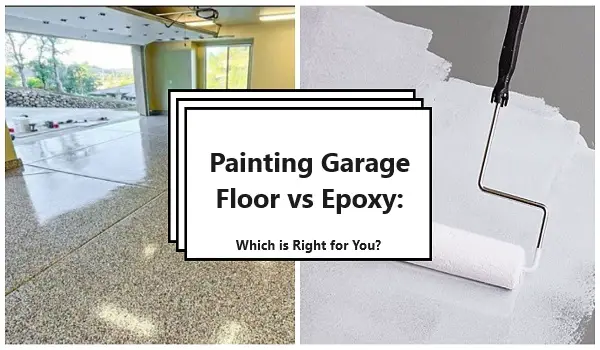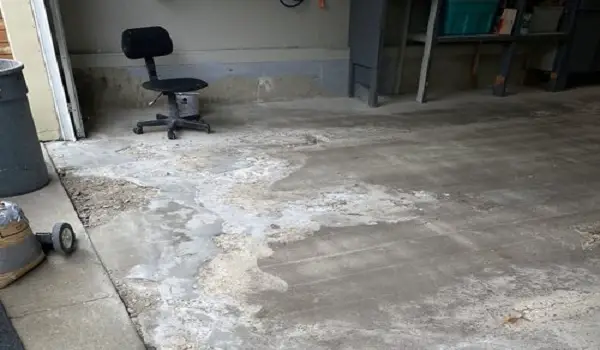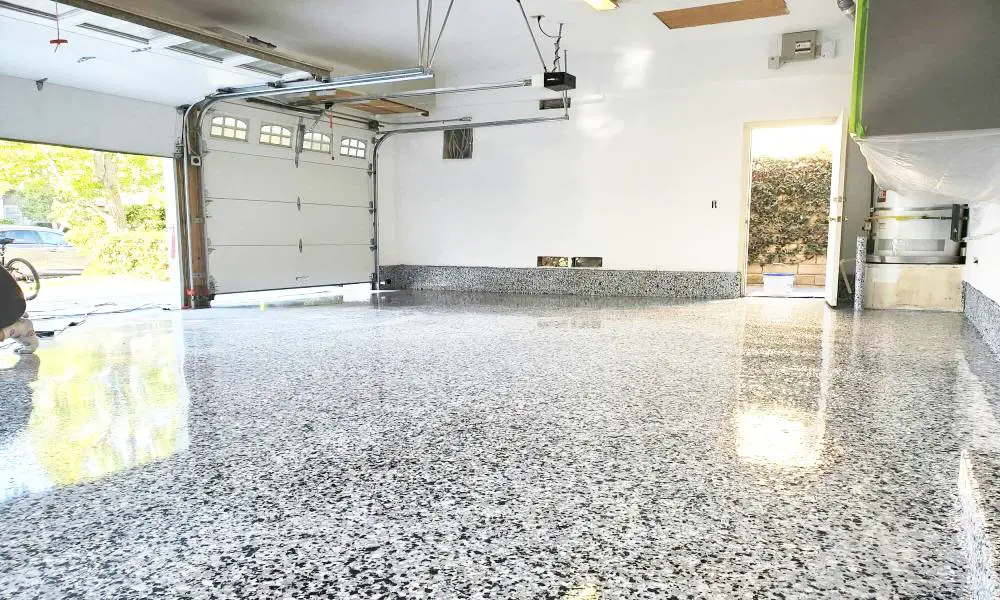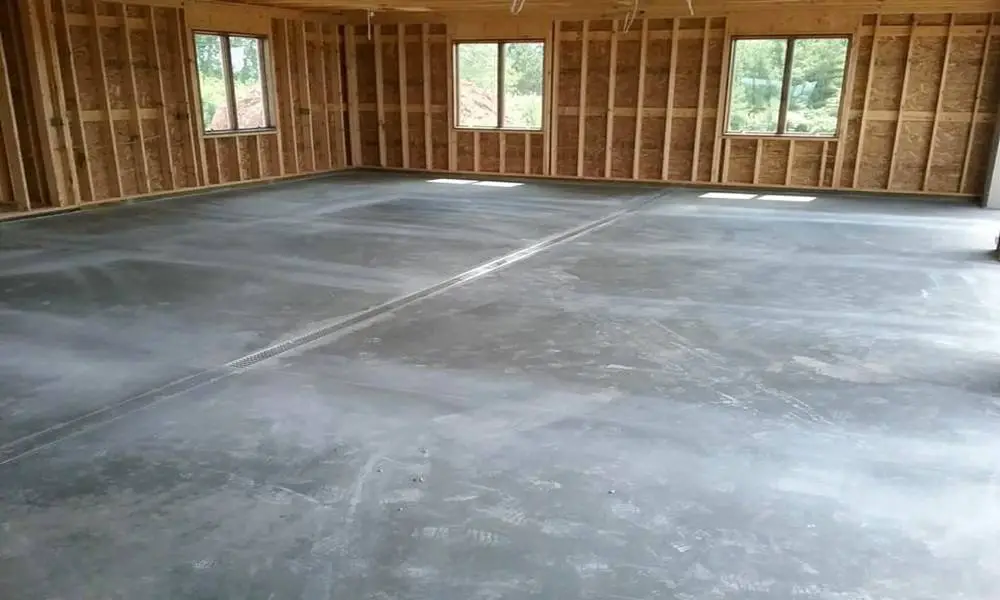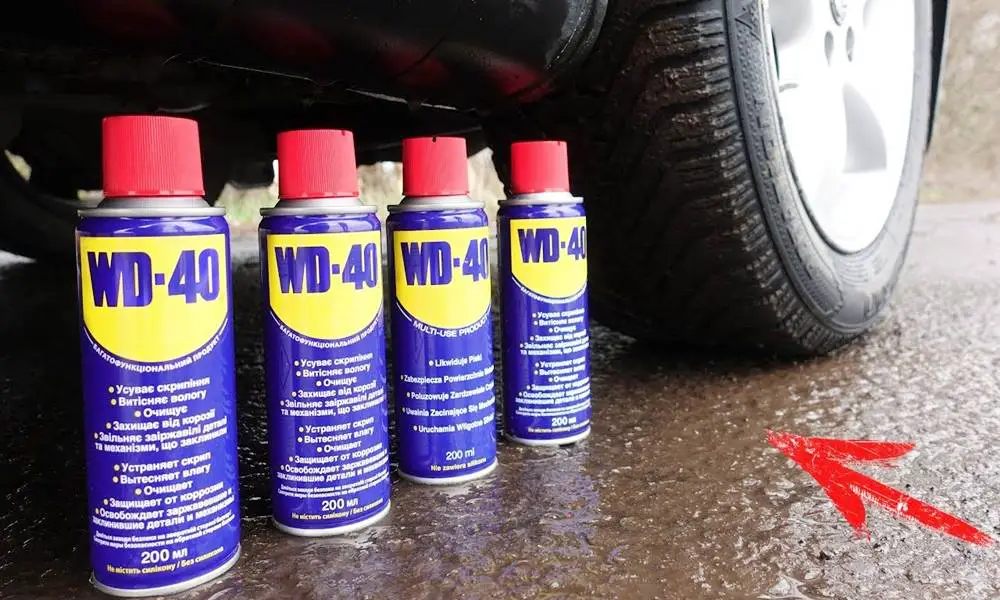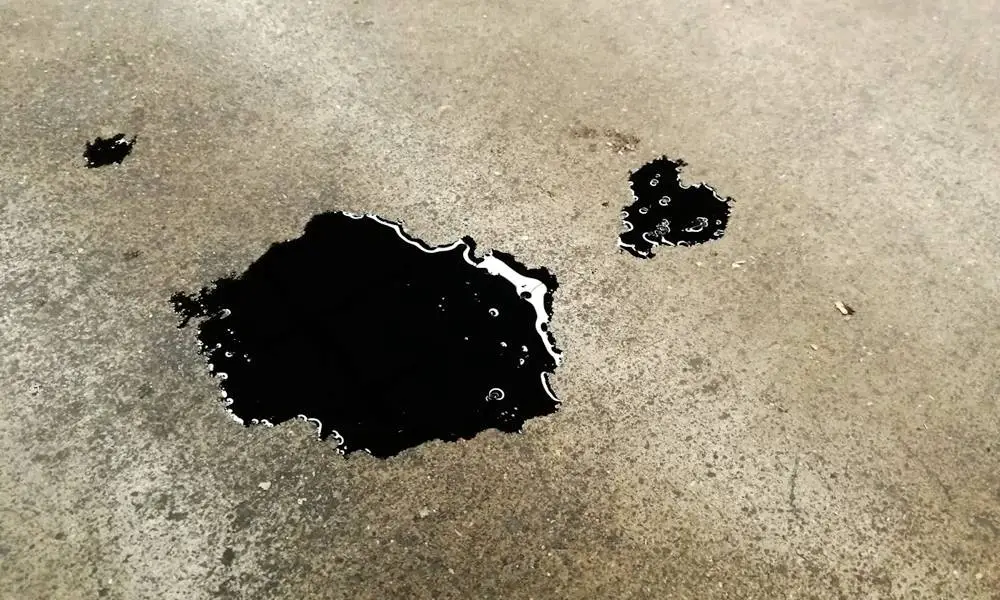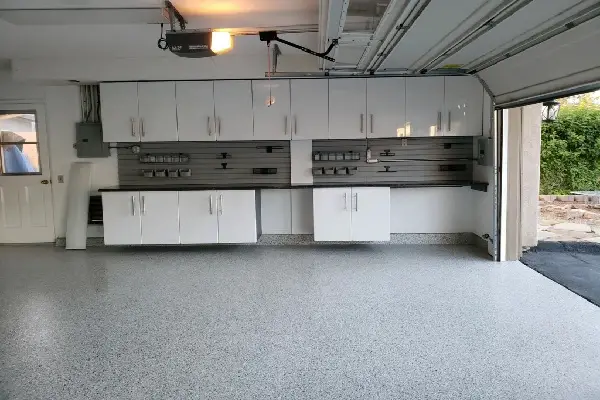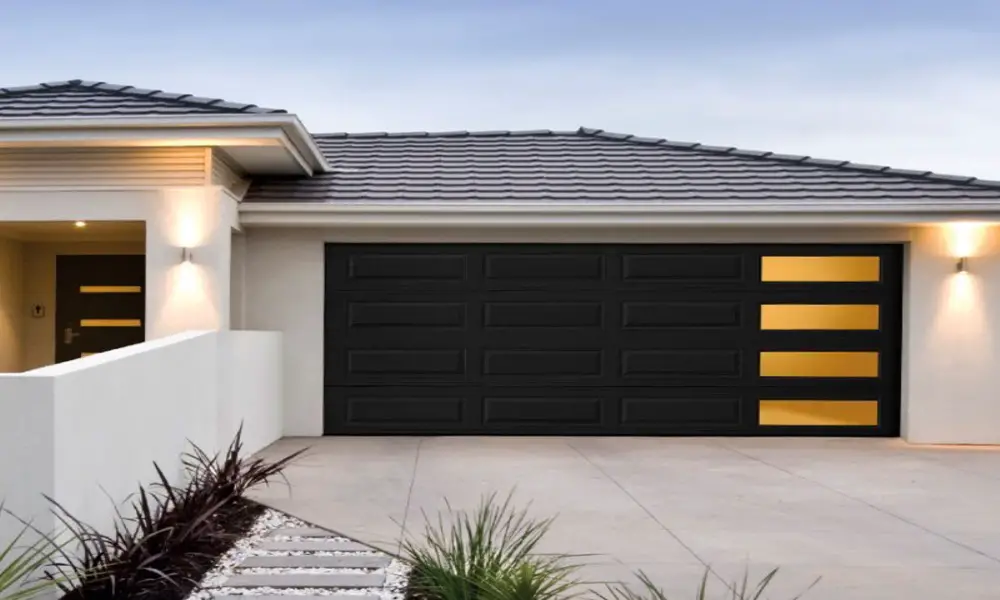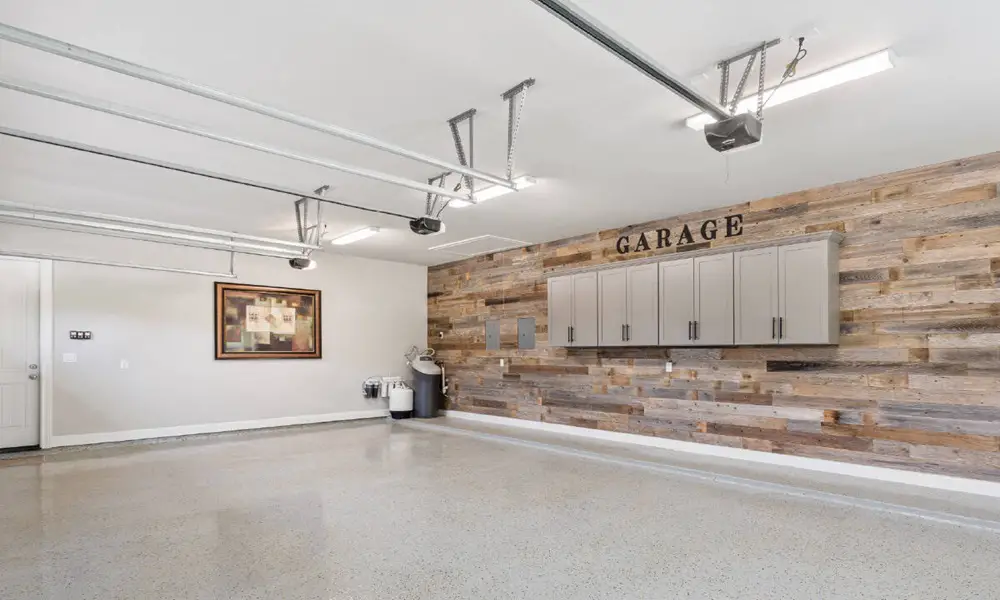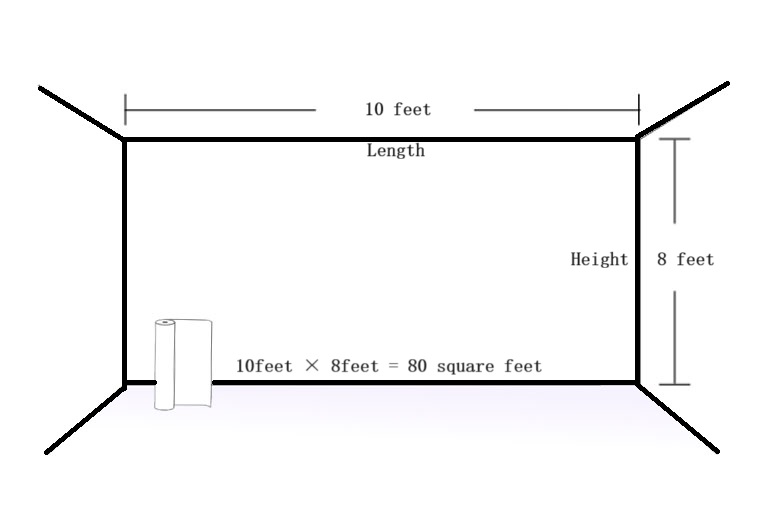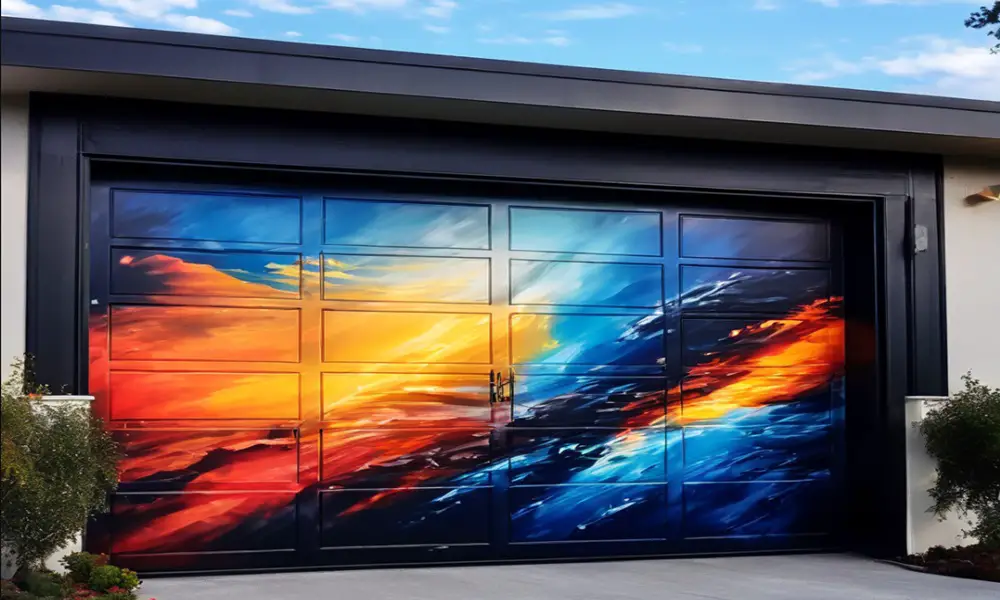Understanding Garage Floor Paint
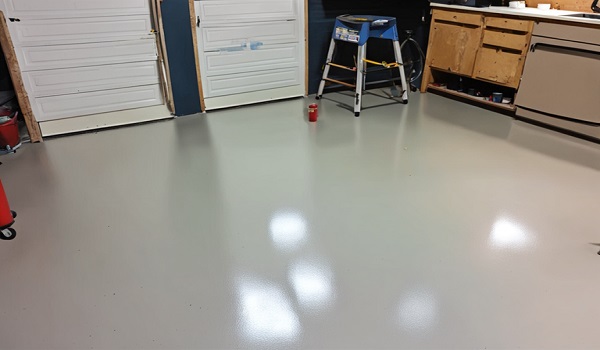
Garage floor paint is a popular choice among homeowners looking for a quick and economical way to enhance the appearance and functionality of their garage flooring. Let’s delve deeper into its features and considerations.
Garage floor paint typically consists of acrylic or latex-based materials, which are applied as a thin layer over the concrete surface. Its main purpose is to provide both protection and aesthetic enhancement to the floor, giving it a refreshed look.
Pros of Garage Floor Paint
- Easy Application: One of the key advantages of garage floor paint is its simplicity in application. Homeowners can easily apply it themselves using basic tools such as a roller or brush, without the need for specialized skills or equipment.
- Variety of Colors: Another benefit is the wide range of color options available. This allows homeowners to customize the appearance of their garage according to their personal preferences and style, whether they prefer a bold statement or a more subdued look.
- Affordability: Garage floor paint is known for its cost-effectiveness. With prices typically ranging from $30 to $50 per gallon, it is a budget-friendly option that appeals to those looking to spruce up their garage without breaking the bank.
Cons of Garage Floor Paint
- Limited Durability: Despite its cosmetic benefits, garage floor paint may lack long-term durability, especially when subjected to heavy use or exposure to harsh chemicals. Over time, the paint may chip or peel, requiring touch-ups or reapplication.
- Susceptibility to Stains: Painted surfaces are prone to staining from substances such as motor oil, gasoline, and water. This can mar the appearance of the floor and necessitate regular maintenance to keep it looking clean and presentable.
while garage floor paint offers a quick and affordable solution for enhancing the look of your garage, it may not provide the same level of durability and stain resistance as other options such as epoxy coatings. Homeowners should weigh these factors carefully when deciding on the best flooring solution for their garage.
Exploring Epoxy Coatings
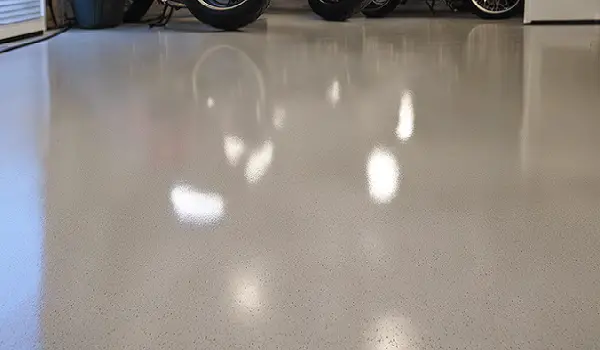
Epoxy coatings stand out as a superior and durable solution when compared to traditional garage floor paint. Let’s delve into their features and considerations to understand why they’re a popular choice for garage renovations.
Epoxy coatings are composed of a polyamine hardener and an epoxy resin, which undergo a chemical reaction upon mixing. This chemical process results in a resilient and sturdy surface that can withstand heavy usage and exposure to various chemicals and moisture.
Pros of Epoxy Coatings
- Exceptional Durability: One of the primary advantages of epoxy coatings is their remarkable durability. They provide long-lasting protection against abrasion, chemical spills, and moisture, ensuring the floor maintains its integrity even under harsh conditions.
- Single-Coat Application: In many instances, only a single coat of epoxy is needed to achieve a high-quality finish. This not only saves time but also reduces labor costs associated with multiple coats, making it a cost-effective solution in the long run.
- Adherence to Imperfect Surfaces: Unlike traditional paint, epoxy coatings adhere well to slightly imperfect garage surfaces. This ensures a strong bond and consistent coverage, even if the surface isn’t perfectly prepared beforehand.
Cons of Epoxy Coatings
- Complex Application Process: Applying epoxy coatings may require more expertise and specialized tools compared to garage floor paint. Achieving optimal results often involves meticulous surface preparation and precise application techniques, making it less suitable for DIY projects.
- Initial Cost: While epoxy coatings offer superior durability and performance, they typically come with a higher initial cost compared to garage floor paint. This upfront investment may deter budget-conscious consumers, despite the long-term benefits.
Epoxy coatings offer unmatched durability and protection for garage floors, making them an ideal choice for homeowners seeking a long-lasting flooring solution. However, it’s essential to consider the initial investment and application complexity before making a decision.
Conclusion
In the debate between painting garage floor and opting for epoxy coatings, both options have their merits. Garage floor paint is a cost-effective choice for those seeking a quick makeover, albeit with limited durability and stain resistance.
On the other hand, epoxy coatings offer superior protection and longevity, making them ideal for high-traffic areas and harsh conditions. Ultimately, your decision should hinge on factors such as budget, desired durability, and level of expertise.
FAQs
Can I apply epoxy over existing garage floor paint?
While it’s possible, it’s generally not recommended as the paint may not provide a suitable base for proper adhesion.
How long does epoxy garage flooring last?
With proper installation and maintenance, epoxy flooring can last up to 10 years or more.
Is epoxy flooring slippery when wet?
Epoxy coatings can be slippery when wet, but adding slip-resistant additives during installation can mitigate this risk.
Can I install epoxy flooring myself?
While DIY kits are available, achieving professional results may require experience and proper surface preparation.
What is the difference between epoxy paint and epoxy coatings?
Epoxy paint is a single-component product, while epoxy coatings consist of two components that undergo a chemical reaction for enhanced durability.
